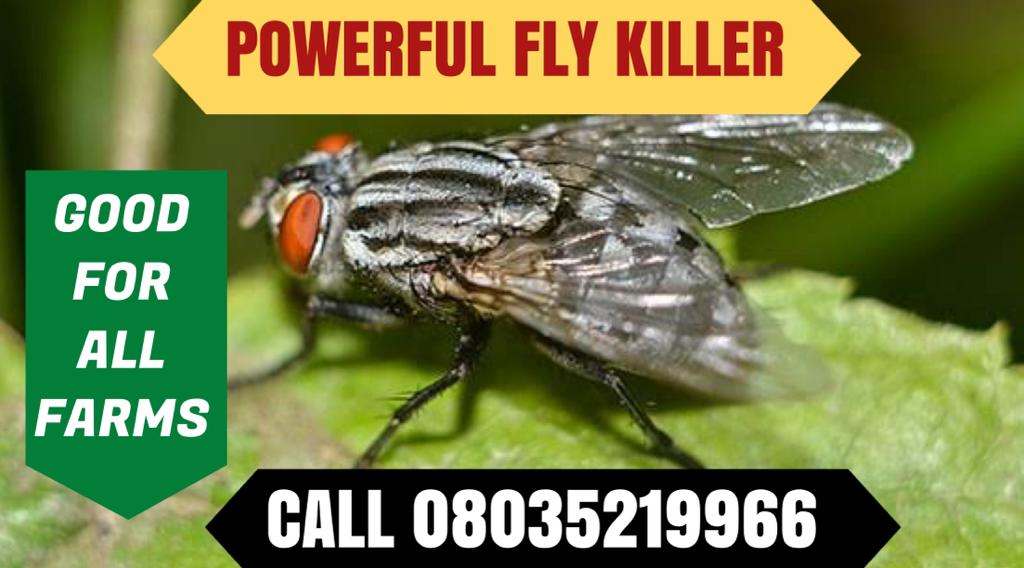10 critical factors to consider while handling viral diseases in pig
Handling viral diseases in pigs is crucial for the swine industry’s success and animal welfare. Here are 10 critical factors to consider with details:
 Learn More
Learn More1. **Disease Identification:** Accurate identification of the specific viral diseases affecting pigs, such as African Swine Fever (ASF) or Porcine Epidemic Diarrhea Virus (PEDV), is essential. Different viruses require different control measures.
2. **Biosecurity Measures:** Implement strict biosecurity protocols to prevent the introduction and spread of viruses. This includes controlling farm access, disinfecting vehicles and equipment, and providing protective clothing for personnel.

3. **Quarantine Procedures:** Quarantine new pigs for an appropriate period and monitor them for signs of disease before introducing them to existing herds. This helps prevent the introduction of infected animals.
4. **Vaccination Strategies:** Work with veterinarians to develop vaccination programs tailored to the prevalent viral diseases in your region and your specific pig herd. Ensure proper vaccine storage and administration.
READ ALSO Critical factors to consider when handling pig bacteria diseases
5. **Sanitation and Hygiene:** Maintain clean and sanitized facilities, including pig housing and feeding areas, to reduce the risk of viral contamination. Proper waste disposal is critical.
6. **Isolation of Sick Pigs:** Isolate pigs showing signs of illness immediately to prevent the spread of disease within the herd.
7. **Monitoring and Surveillance:** Implement a regular monitoring and surveillance system to detect signs of illness, unusual pig behavior, or reduced growth rates. Early detection is crucial.
READ ALSO How to embrace technology in pig production
8. **Vector Control:** Control vectors such as flies, rodents, and birds that can transmit viruses to pigs through proper pest management and sanitation practices.
9. **Nutrition:** Ensure pigs receive a balanced and high-quality diet to maintain their health and immunity, which can help them resist viral infections.
ATTENTION: Click “HERE” to join our WhatsApp group and receive More updates directly on your WhatsApp!
10. **Emergency Response Plan:** Develop a plan for responding to disease outbreaks, including depopulation of infected herds, proper carcass disposal, and communication with veterinary authorities.
Handling viral diseases in pigs is a complex task that requires a combination of preventive measures, early detection, and effective management strategies. Collaboration with veterinarians and adherence to biosecurity measures are crucial for minimizing the impact of viral outbreaks in pig farming.
🧩CREATED BY DR JOSEPH DEJI-FOLUTILE















